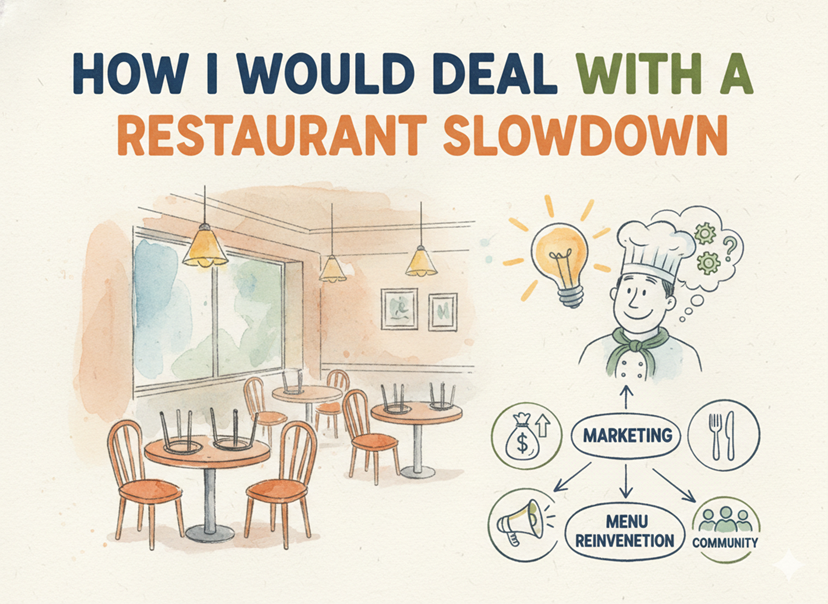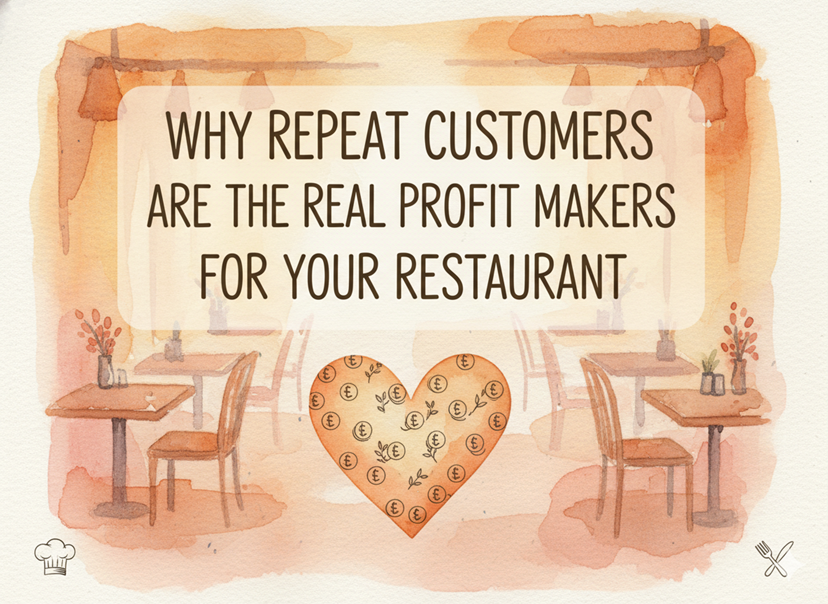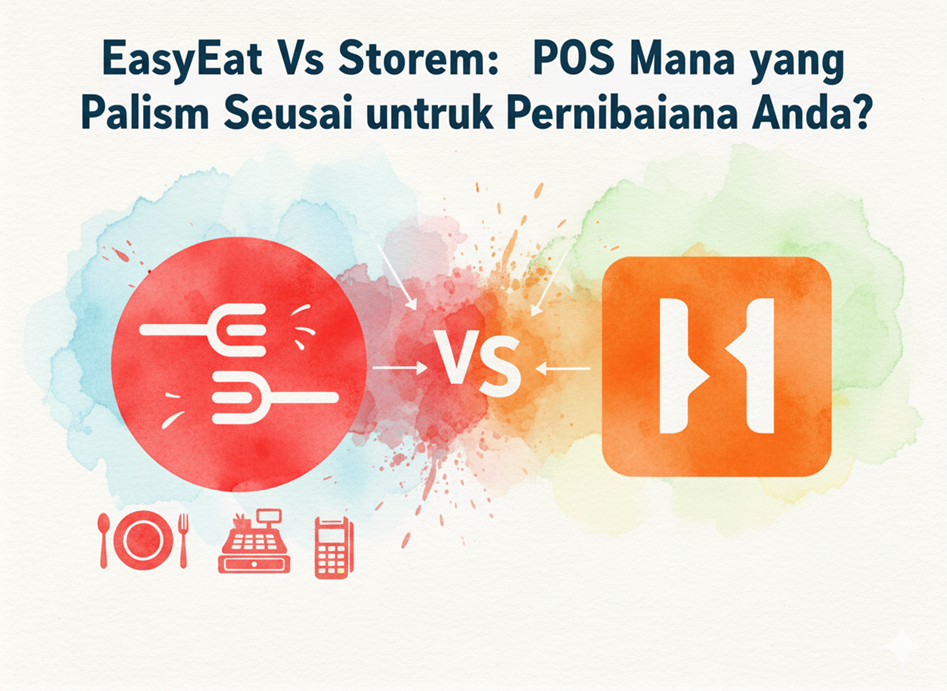In this blog, You will read about the Overnight Policy Rate (OPR in Malaysia) and its significance. You will learn how the OPR, set by Bank Negara Malaysia, influences borrowing and lending rates, impacting various economic activities. To be specific, you will learn how it can affect your restaurant, and how changes in the OPR can alter financing costs, supplier prices, consumer spending, and overall economic confidence. Read on to understand the profound ways the OPR shapes the business landscape in Malaysia.
What is OPR?
The OPR stands for the Overnight Policy Rate. It is the interest rate at which financial institutions lend each other money overnight. The major goal is to control the availability of cash in the system.
If bank A has a larger cash reserve on a particular day and bank B has a lesser cash reserve then B will ask A to lend some cash so that B can further lend it to the customers. The interest rate at which bank A will lend cash to B will be OPR.
OPR Meaning in Malaysia
OPR is set by the central bank of Malaysia that is Bank Negara Malaysia (BNM). Monetary Policy committee meetings take place several times a year in which OPR is decided and it is decided based on the current economic situation of the country. There are indicators like GDP growth, Inflation, and employment levels in the country that decide the direction of the OPR. If BNM wants that there should be growth in the economy then it would keep a lower OPR and if it wants the growth to slow down because of inflation then it would increase the OPR. For example, during COVID time the BNM wanted to promote economic growth by lowering the interest rate.
It directly affects the borrowing rates and return on savings and influences consumer spending and investment decisions. Now there are two keywords that you need to focus on and not get confused between them-
Bank Borrowing Rate Malaysia– It is the rate at which financial institutions borrow cash from each other. It is affected by the OPR directly.
Bank Lending Rate Malaysia– It is the rate at which financial institutions lend money to consumers. It is also affected by the OPR directly.
How does OPR affect Restaurant Owners?
Property rates
We have discussed above that OPR affects the liquidity of cash in the system and how interest rates are affected by it. So if you want to buy a property then you would want to source a loan from a bank and if OPR is high then the interest rates on loan will be high too. You will face trouble in buying property during this time. You can consider buying a property during the times when OPR is low. Not only this but if you’re planning to renovate or upgrade your restaurant then consider doing it at the time when OPR is low as it will be much cheaper during that time.
Supplier Costs
When OPR is low your regular supplier will give you ingredients for a much lower price than usual unless there’s an issue from the supply side. You can stock the ingredients and make profits during this time. However, when OPR is high then suppliers will also raise the price of ingredients and you would have to adjust the prices of dishes in your menu too at that time.
Consumer Spending
When OPR is low, the borrowing costs decrease for consumers as well. This will reduce the interest rates on mortgages, personal loans, and credit cards. They will have a higher disposable income ( the income that is left with people after taxes) and are more likely to prefer eating outside. Hence you can expect a higher footfall during that time. But when OPR is higher then after looking at the higher prices of your menu items they would want to abstain from dining out.
Economic Confidence
Lower interest rates will help in building confidence in the economy which will nudge the restaurant and other allied sectors like hospitality and tourism also to see a growth. During this time you can expect an increase in the number of corporate events, parties, and weddings which can bring you numerous catering opportunities. If the tourism sector sees growth then you can expect a lot of foreign tourists to pay a visit. But if the OPR is higher then the opposite of this happens.
In conclusion, understanding the Overnight Policy Rate (OPR) in Malaysia unveils its pivotal role in shaping the country’s economic landscape. Governed by Bank Negara Malaysia, OPR influences borrowing and lending rates, thus impacting various sectors, including restaurants. During periods of low OPR, you can benefit from lower financing costs for property and supplies, alongside increased consumer spending and economic confidence. Conversely, high OPR poses challenges with elevated borrowing costs and subdued consumer spending. Recognizing the nuanced effects of OPR empowers you to strategically navigate economic fluctuations and seize opportunities for growth in Malaysia’s dynamic business environment.



